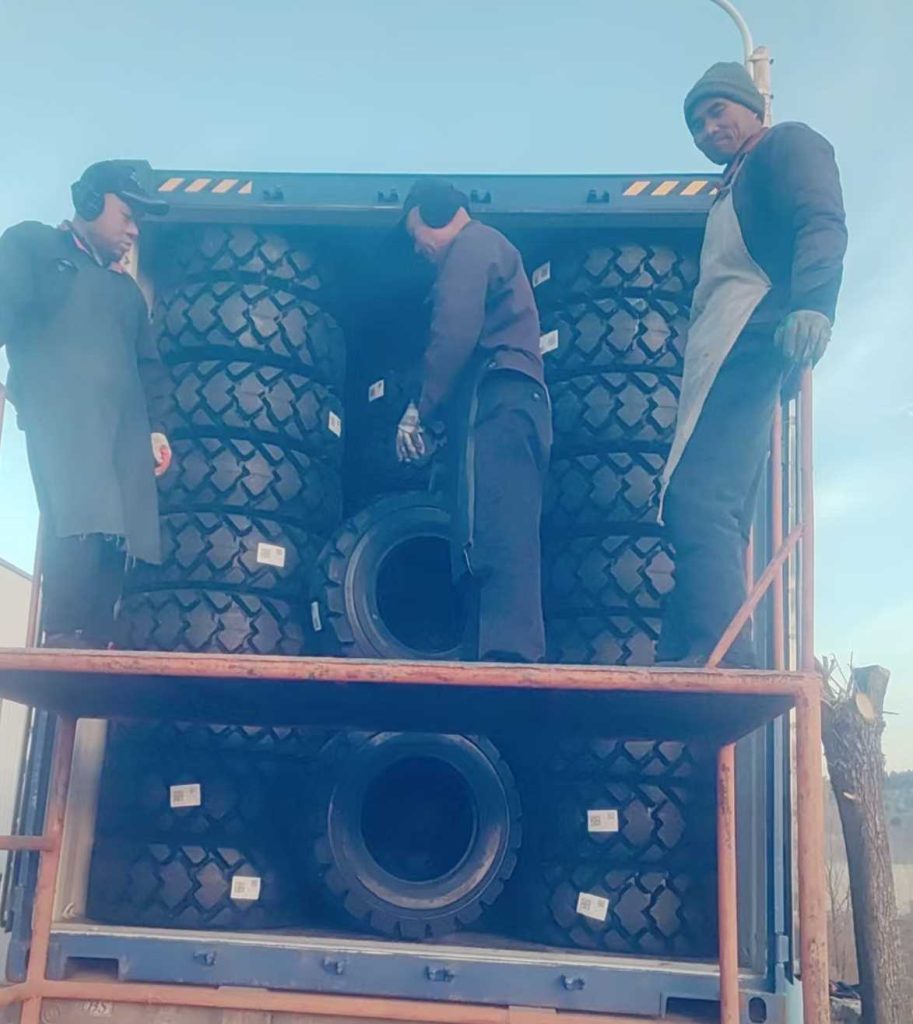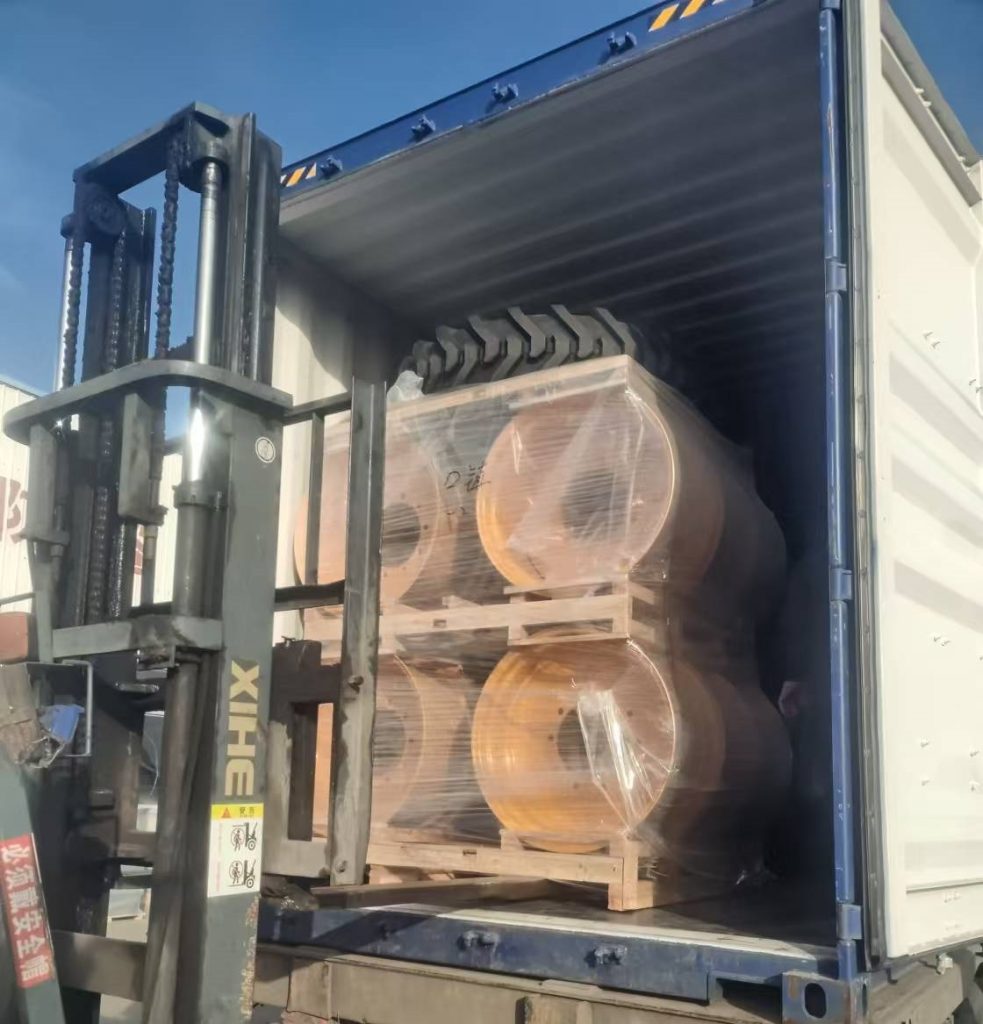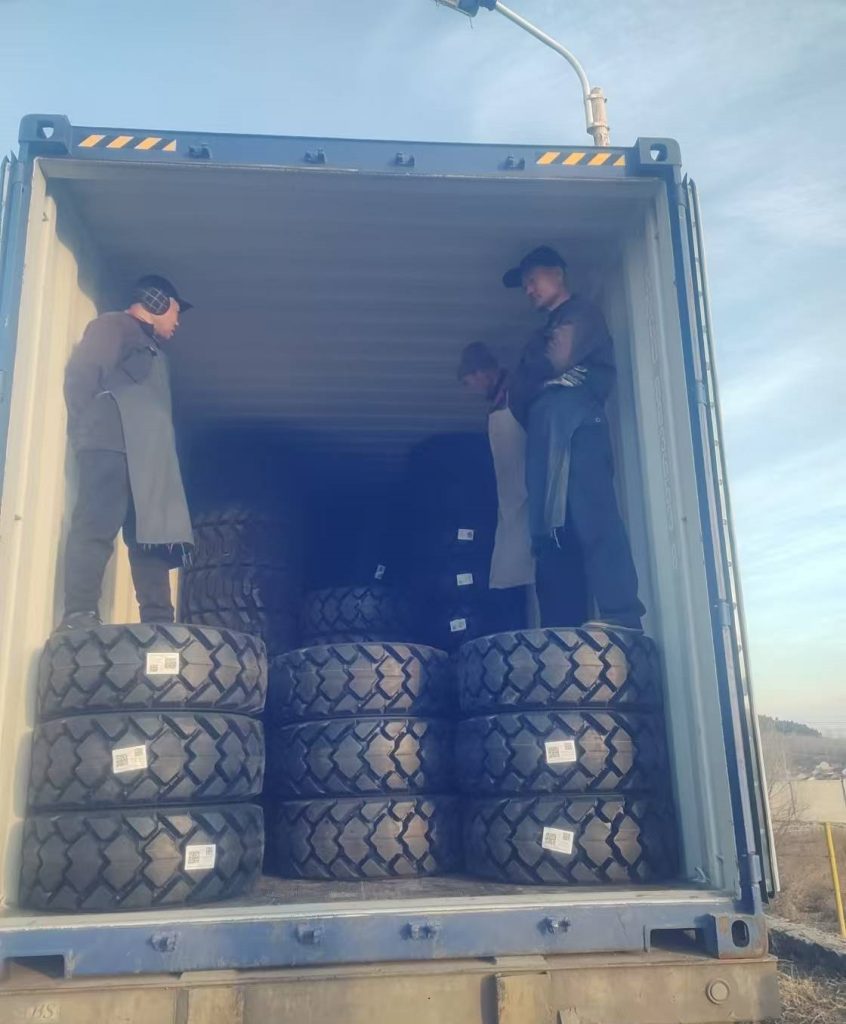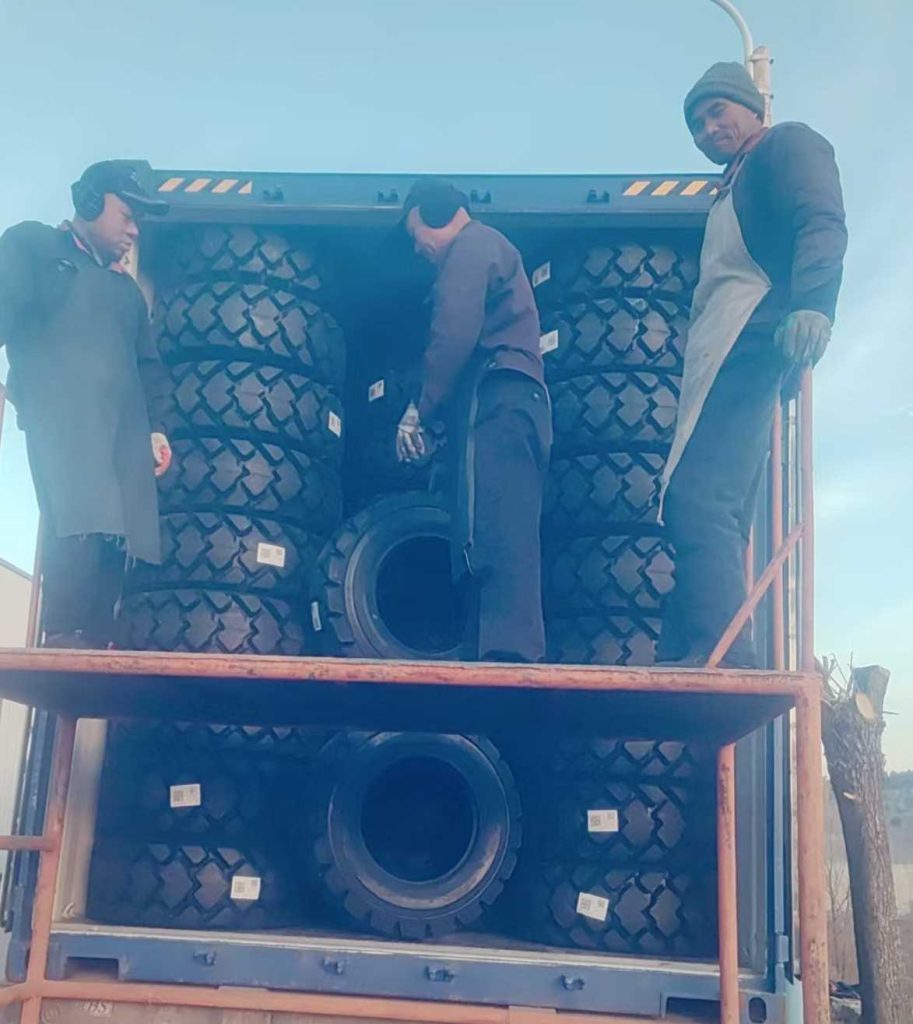
Skid steer tires are an essential component of skid steer loaders, playing a crucial role in the performance, functionality, and safety of these versatile machines. These tires are specifically designed to meet the unique demands of skid steer operations, which involve frequent maneuvering, heavy loads, and a variety of terrains.
Skid steer tires are engineered with a distinct set of features. They typically have a wide footprint, which helps distribute the weight of the skid steer loader evenly. This wide base not only improves stability but also reduces ground pressure, making it possible for the machine to operate on softer surfaces without causing excessive damage or getting stuck.
The tread patterns on skid steer tires are carefully crafted. Aggressive tread designs are common for off-road applications, providing excellent traction on uneven and slippery terrains such as mud, gravel, and construction sites. These deep and wide treads can bite into the ground, ensuring a firm grip and preventing the tires from slipping during acceleration, deceleration, and sharp turns. For applications on more even surfaces like paved roads or concrete floors, tires with a smoother tread pattern may be used to reduce rolling resistance and increase fuel efficiency.
There are several types of skid steer tires available, each tailored to specific working conditions.
Pneumatic Tires: These are the most common type. Pneumatic skid steer tires are filled with air, which provides a cushioning effect. This allows for a smoother ride, reduces vibration, and helps the machine absorb shocks from rough terrain. They are suitable for a wide range of applications, from general construction work to landscaping. However, they are more prone to punctures, especially when operating in areas with sharp objects.
Solid Tires: Solid skid steer tires are made of durable rubber compounds and do not require air. They are highly resistant to punctures and flats, making them ideal for applications where the risk of tire damage is high, such as in waste management or industrial settings. Although they offer enhanced durability, solid tires can be stiffer, resulting in a harsher ride and increased vibration for the operator.
Foam-Filled Tires: A compromise between pneumatic and solid tires, foam-filled tires are pneumatic tires that have been filled with a special foam material. This foam provides additional support and protection against flats while still maintaining some of the cushioning benefits of pneumatic tires. Foam-filled tires are often used in applications where a balance between durability and ride comfort is required.
The right set of skid steer tires can significantly impact the overall performance of the machine. They directly affect the skid steer’s ability to move, turn, and lift heavy loads. Tires with proper traction enable the skid steer to operate efficiently on different terrains, reducing the risk of accidents and downtime.
In addition to performance, tire maintenance and selection also play a role in safety. Worn-out or damaged tires can lead to instability, reduced braking performance, and increased chances of rollovers. Regularly inspecting and replacing tires as needed is essential to ensure the safe operation of skid steer loaders.
In conclusion, skid steer tires are a vital part of skid steer loaders. Their design, type, and condition have a profound impact on the machine’s performance, safety, and productivity. Understanding the different options available and choosing the right tires for the specific application is crucial for any operator or fleet manager working with skid steer loaders.


